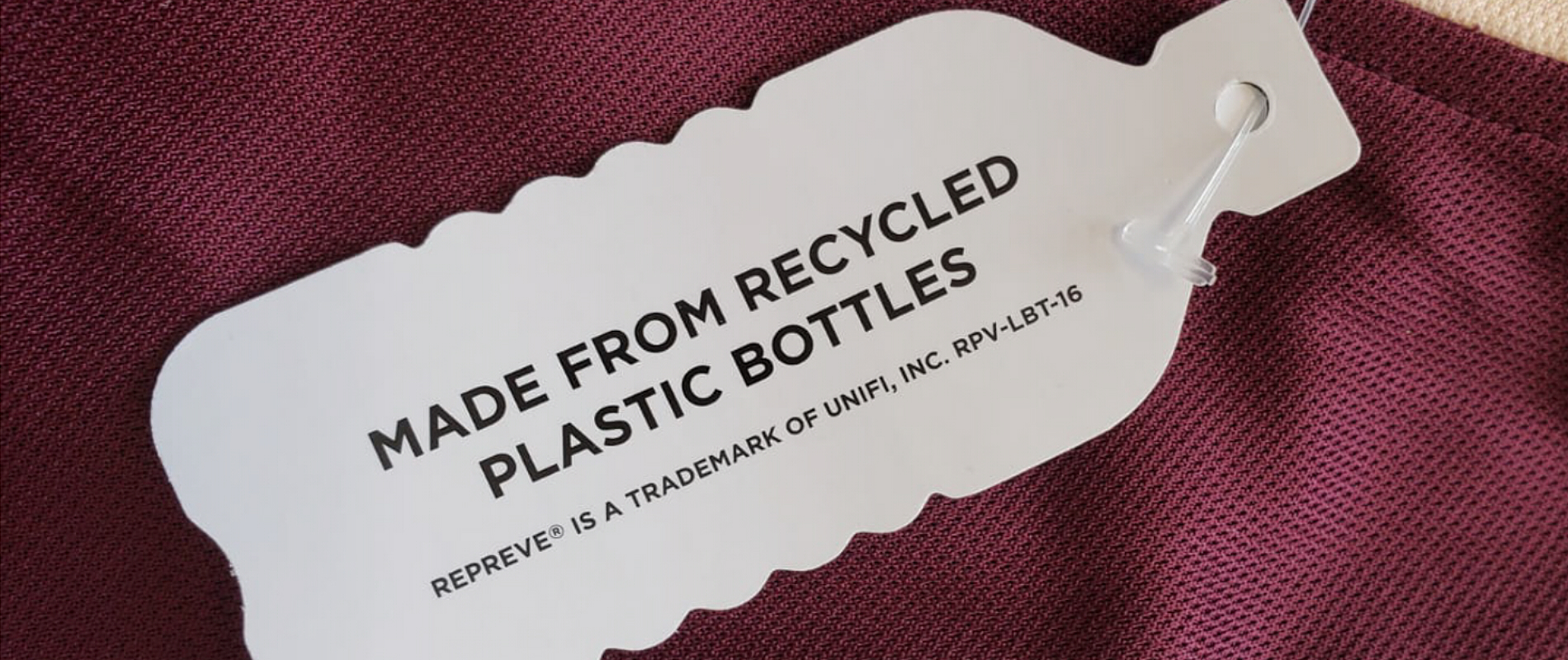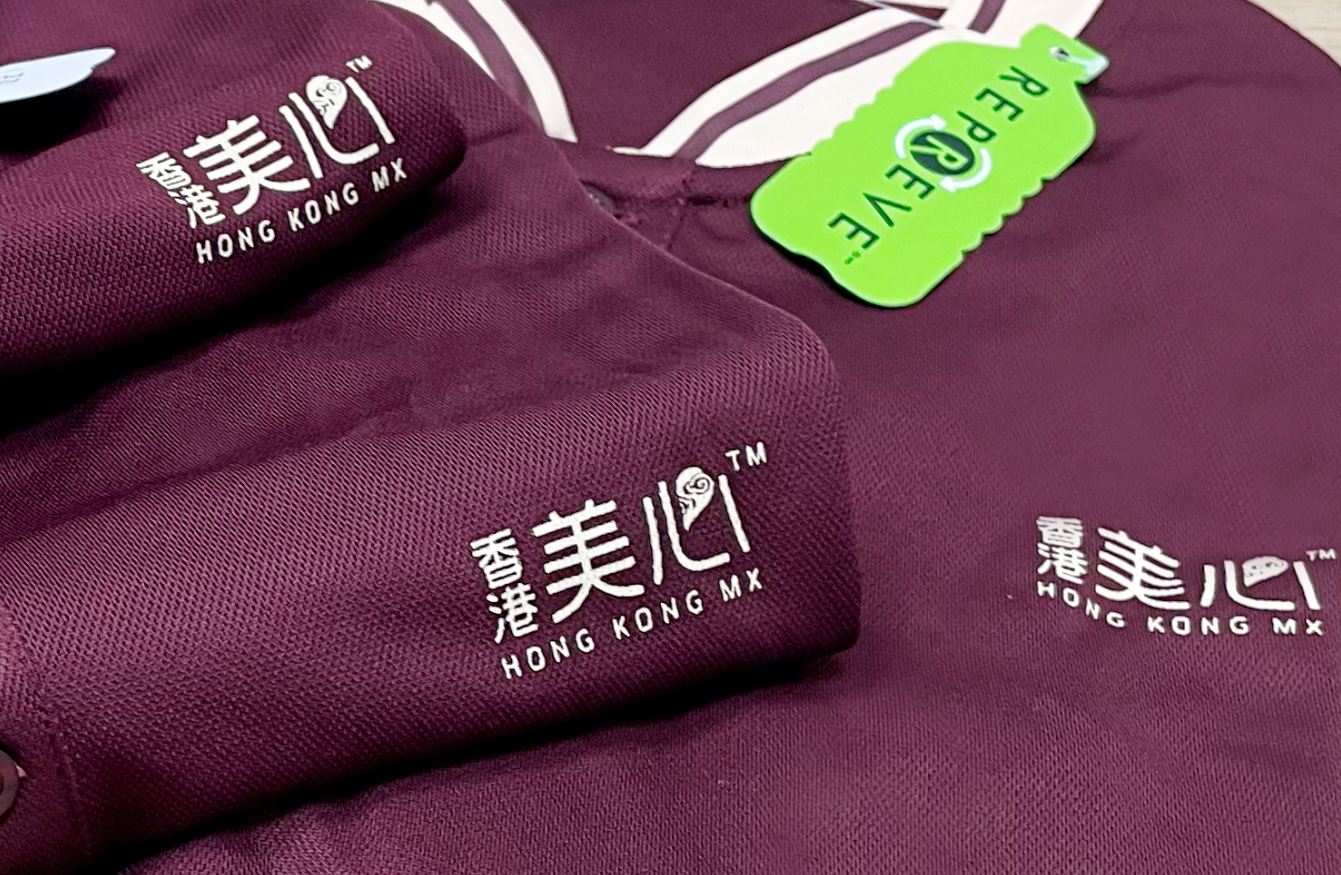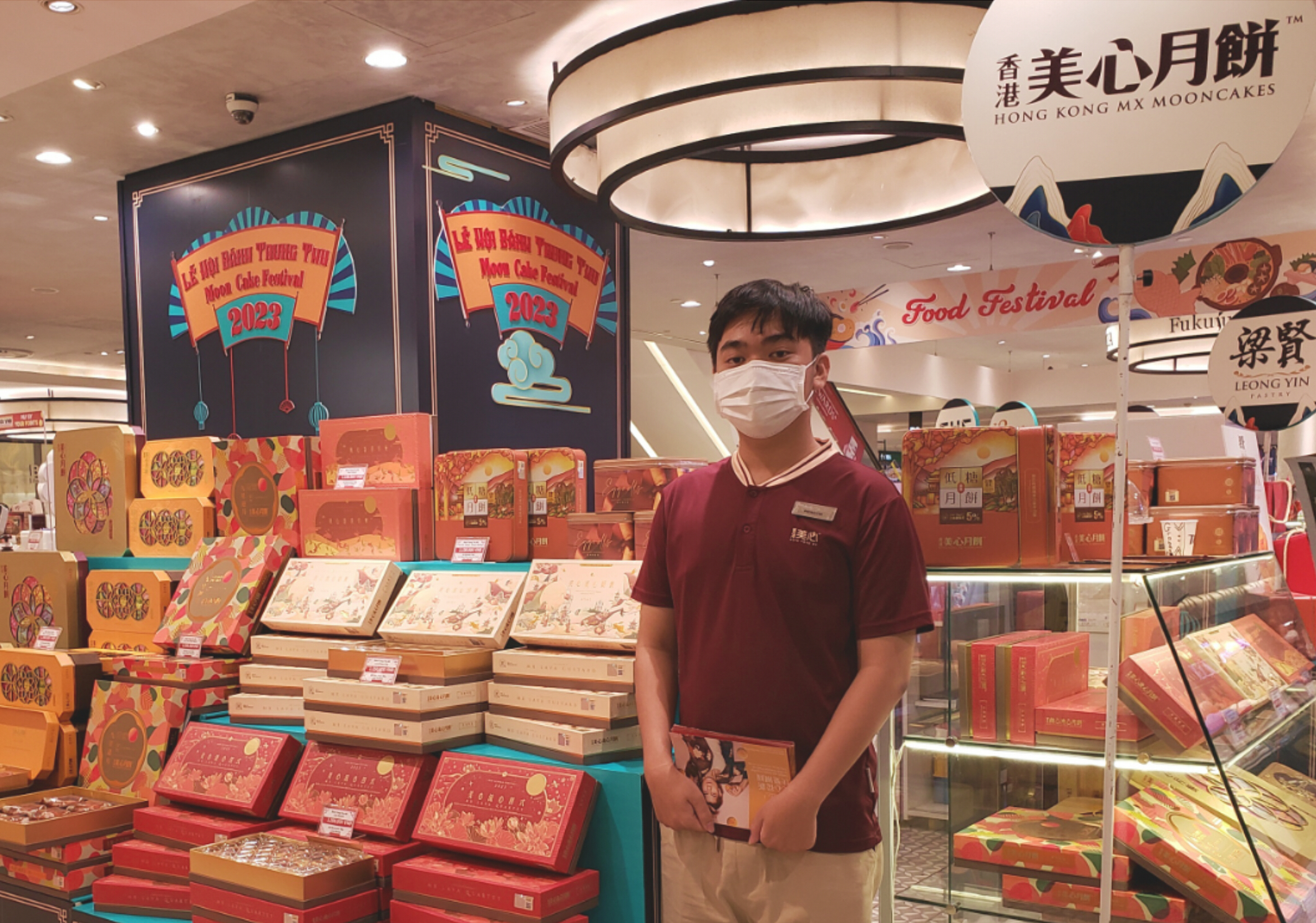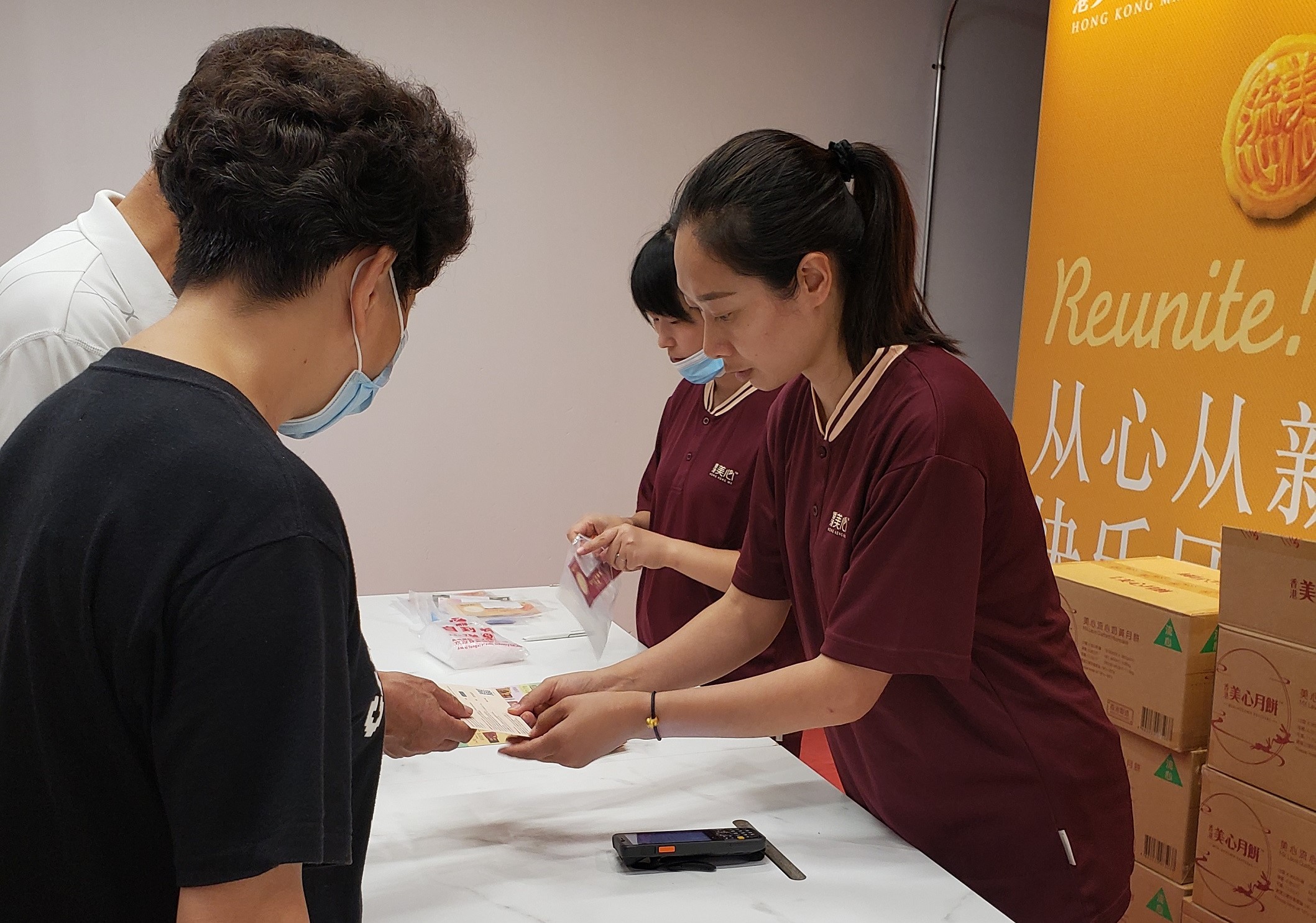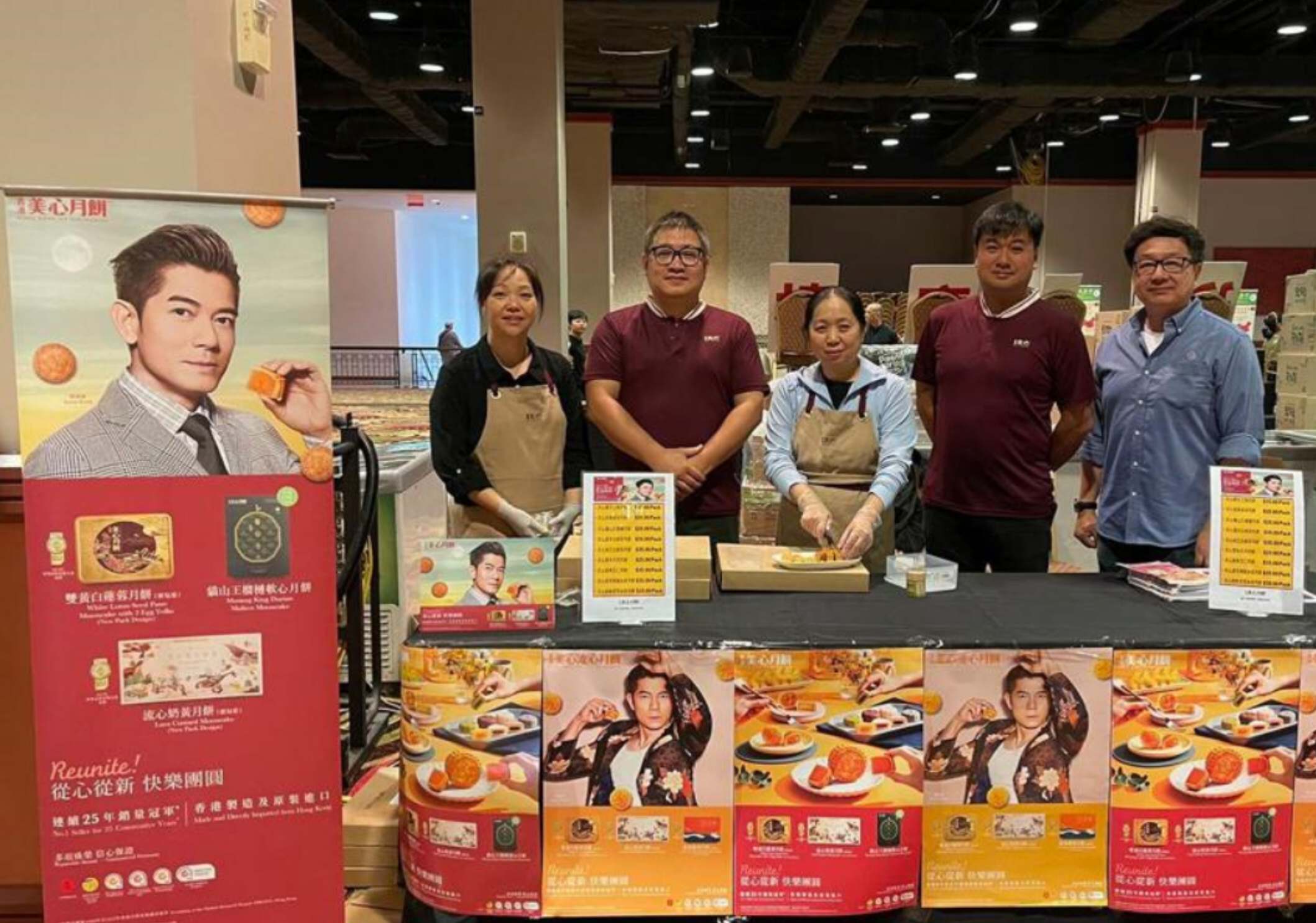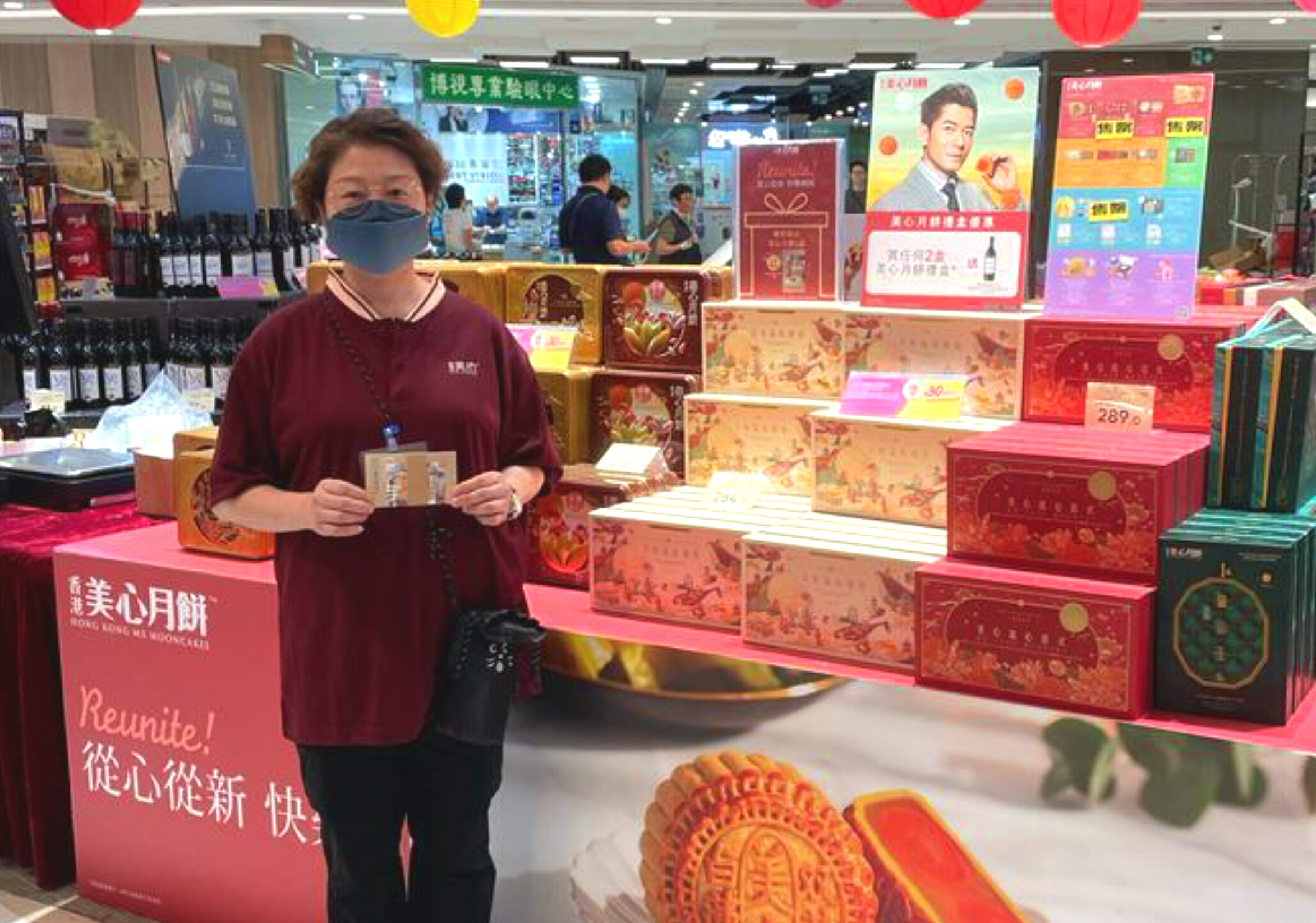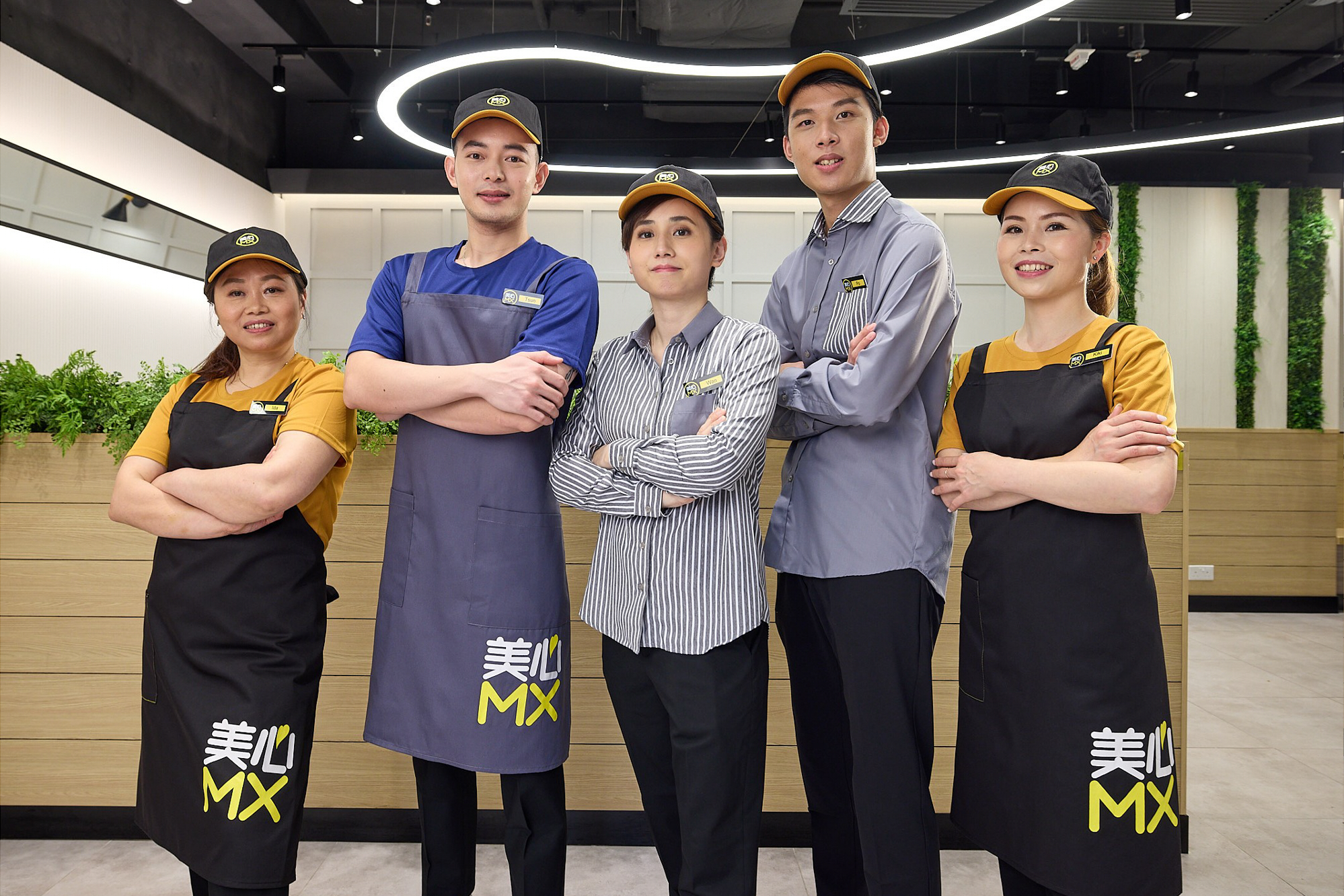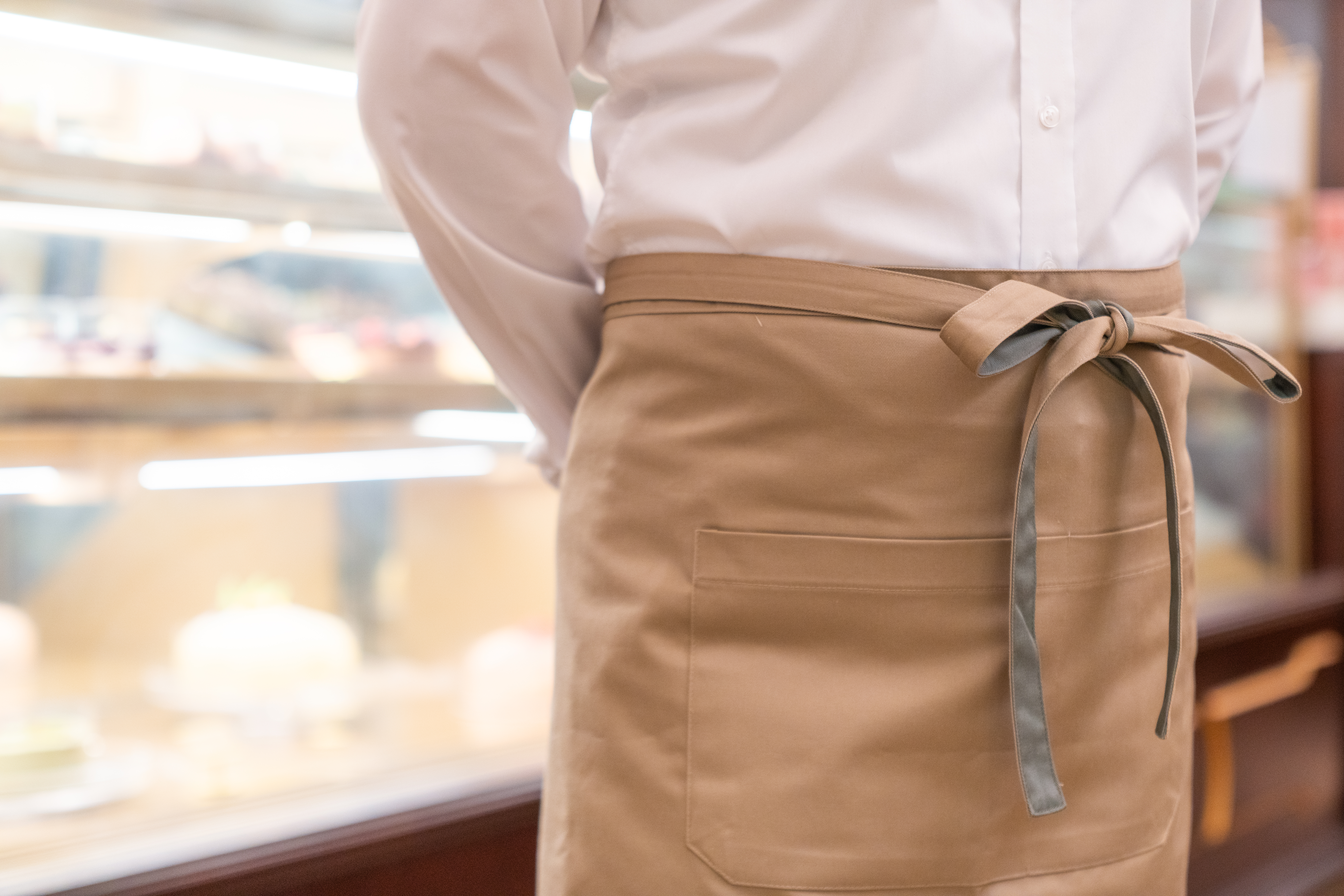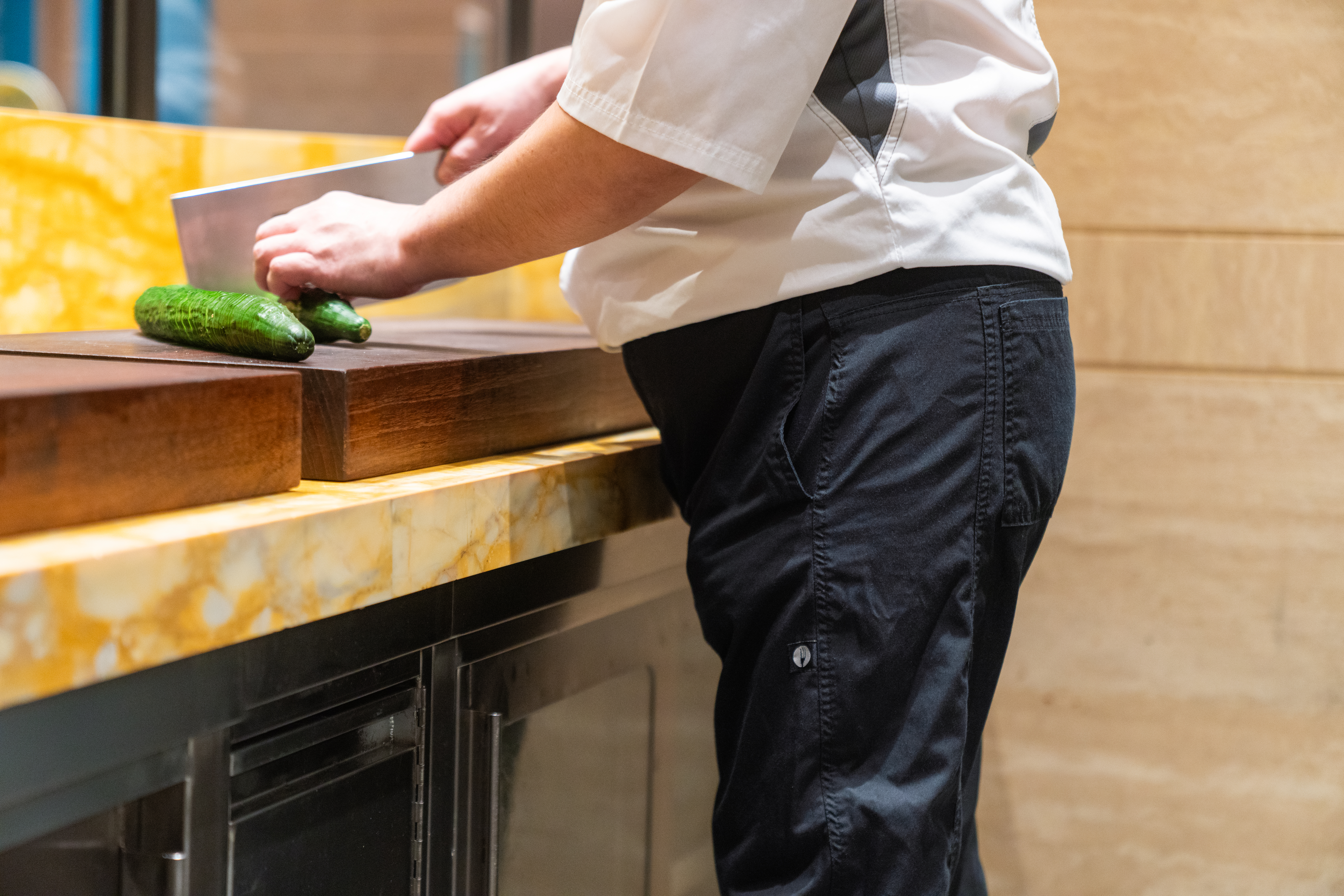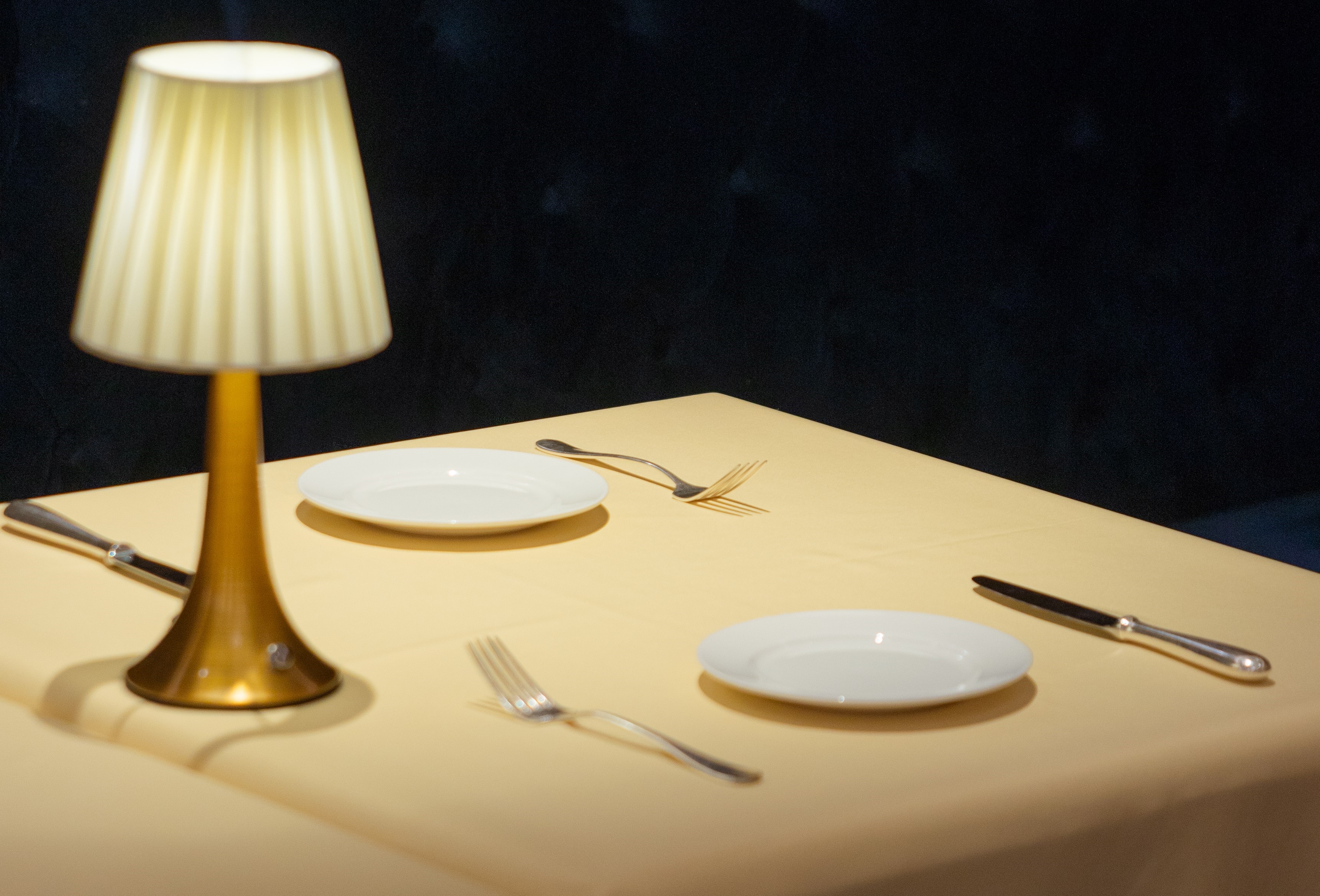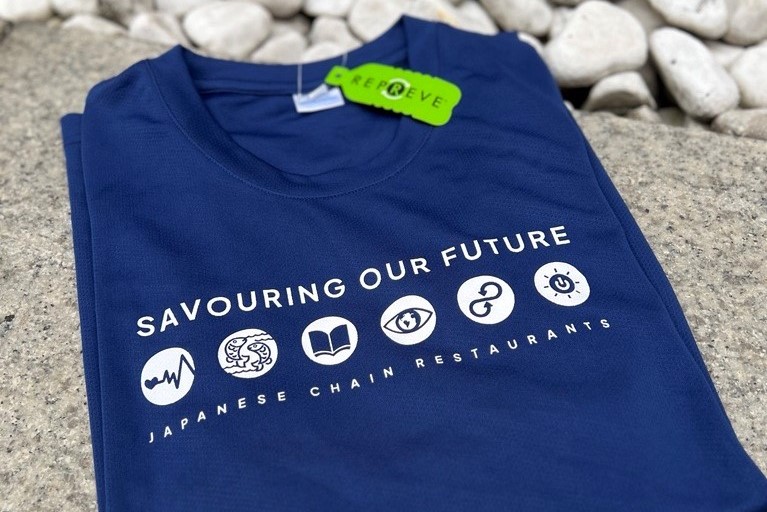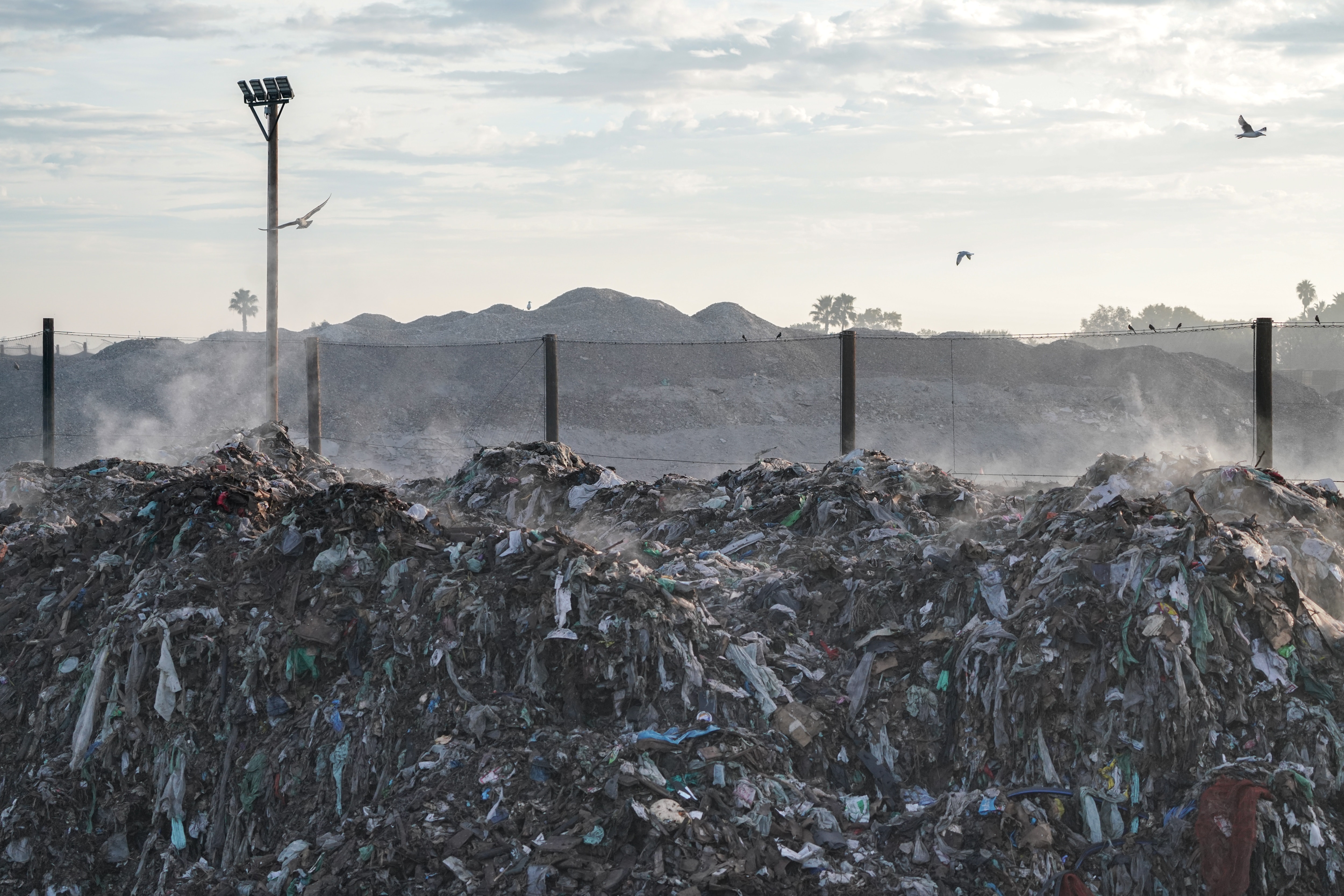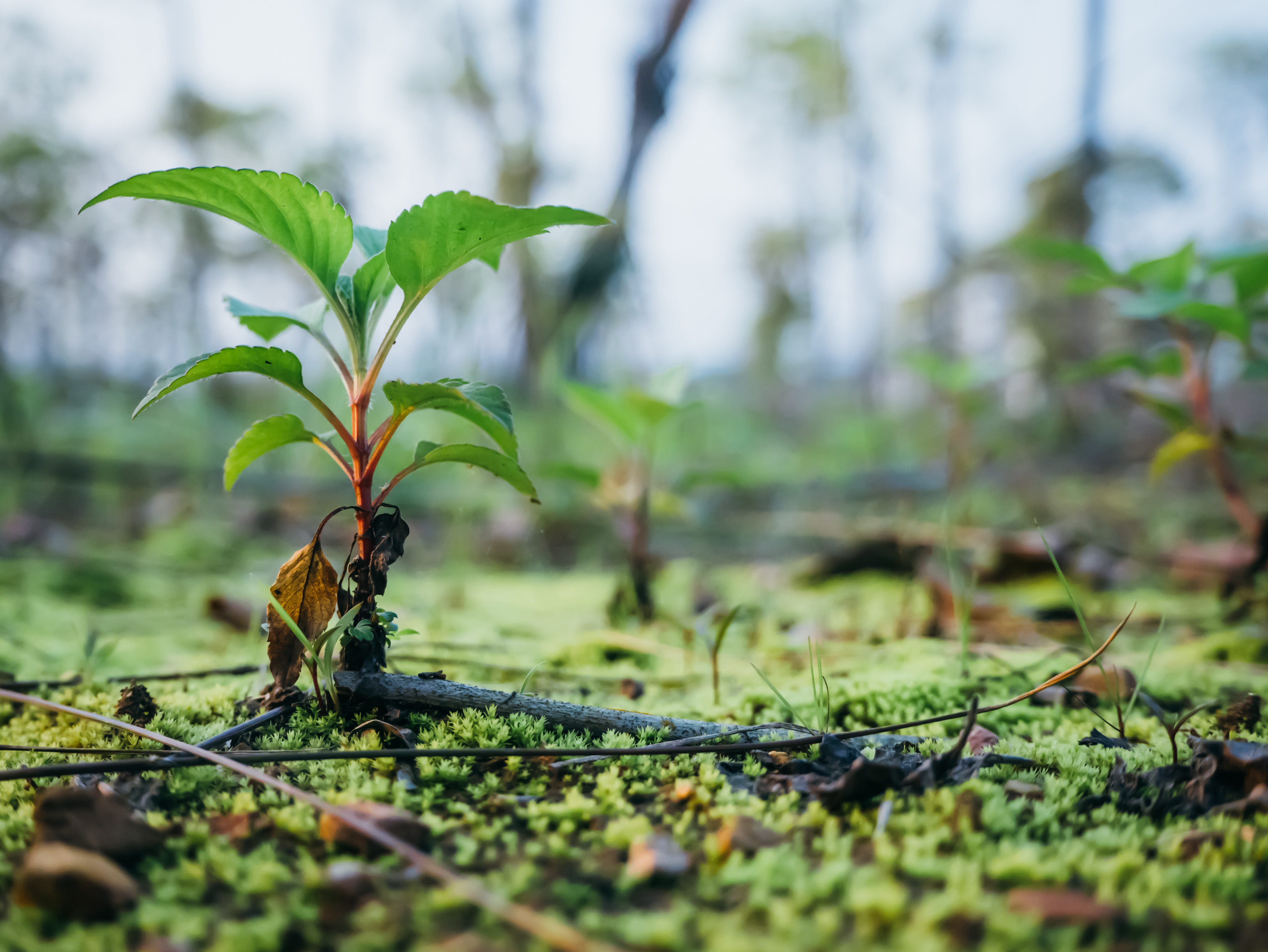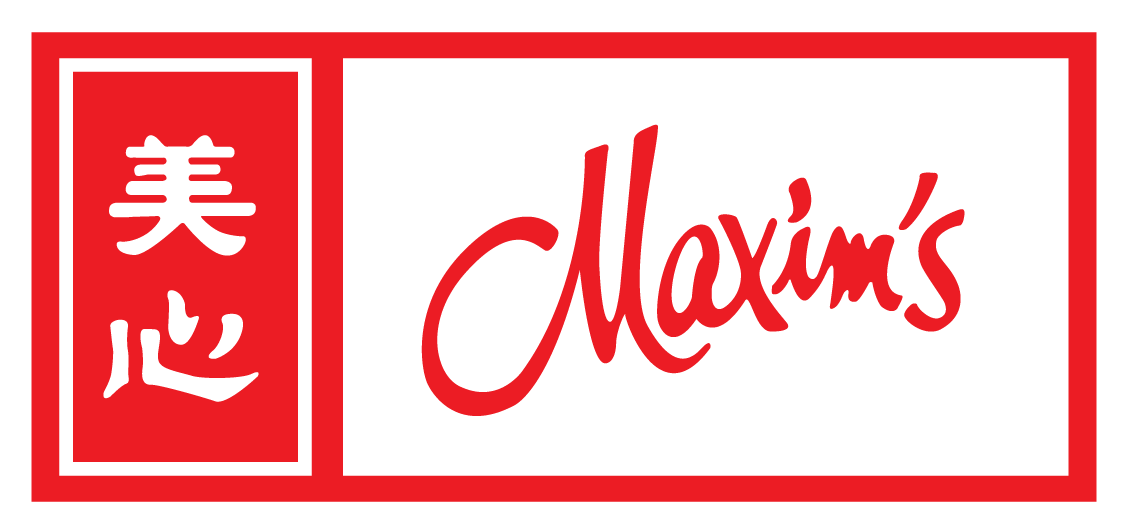This pale ale not just upgrades surplus bread, but also the vision and determination to make good use of technology to reduce food waste.
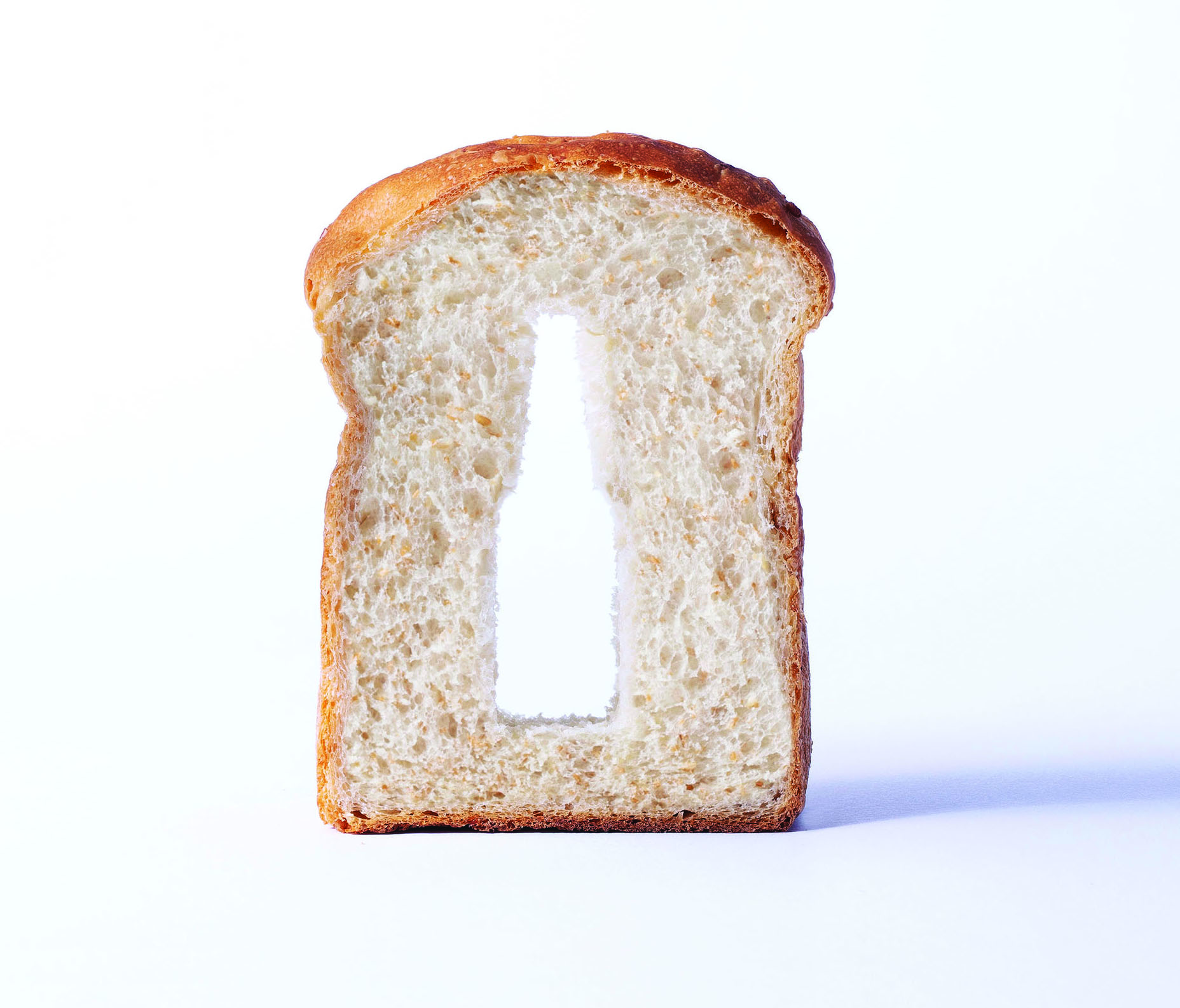
Anushka Purohit, the co-founder of Breer, witnessed bread still edible being discarded when she was a child, and couldn’t help but think, “How much food do we waste everyday?” The seed of waste reduction has been planted for long, and eventually blossomed in her second year of university. Together with three like-minded classmates, she established a craft beer start-up team called Breer, to upcycle surplus bread.
Another co-founder, Deevansh Gupta, shared that beer and bread seem to be irrelevant to each other, yet they have something essentially in common. “Both contain barley malt, hops, and yeast. While the barley content in beer is generally 78%, it can be partly replaced by surplus bread, which significantly saves both the quantity of raw materials and production costs.” Gupta says.
“Cut the bread into small pieces, put them in hot water to extract barley, then mix with hops to ferment, that’s how you make delicious beer.” After solving technical problems, the next challenge was to find a supply of bread. At the initiation phase, the team could only contact small shops in various districts to ask them for surplus bread donation. Though not as smooth as expected, the process of persuasion has given Breer greater confidence. Despite the growth, this method has never been able to ensure a continuous and stable supply of surplus bread.
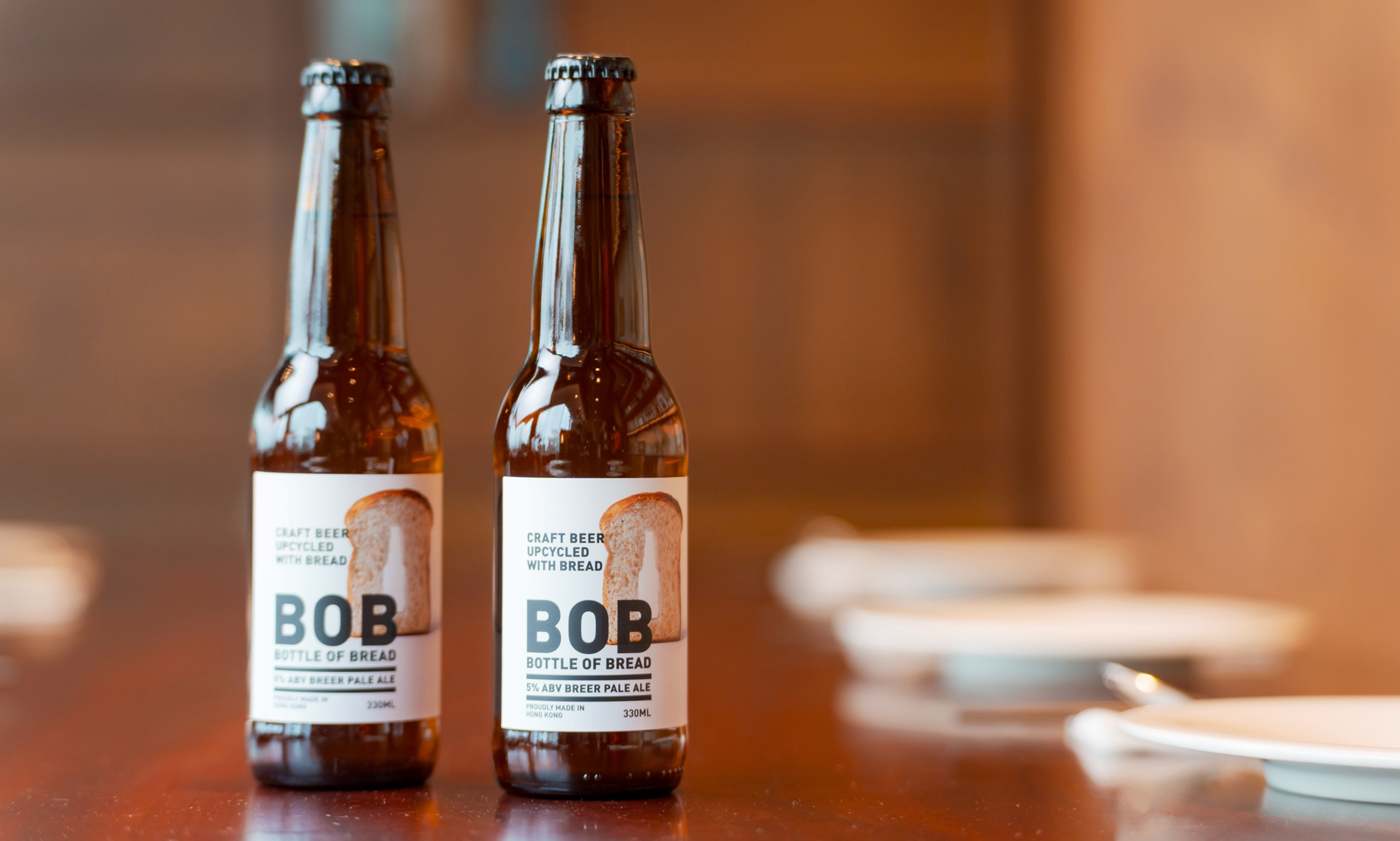
In early 2021, Maxim’s Group first learnt about Breer through a news article. “We have been carrying out waste reduction projects in different sectors. Breer’s upcycling concept is really in line with the Group’s foodwise vision. Thus, the Bottle of Bread (BOB) has been created. Maxim’s Group’s Food Procurement and Supply Chain Senior Manager Michael Shung said that BOB combines three elements of sustainability: surplus, recycling and young start-up.
BOB is a 5% alcohol pale ale, and each bottle contains 25 grams of dairy-free surplus bread supplied by Maxim’s Group. Breer believes that receiving support from Maxim’s Group is undoubtedly a winning factor in the upcycling journey. “In the past two years, it is estimated that we have ‘saved’ more than 8,000 kilograms of surplus bread ” says Anushka. In 2021, she was selected as the “Outstanding Youth of the Year” by the American Chamber of Commerce in Hong Kong.
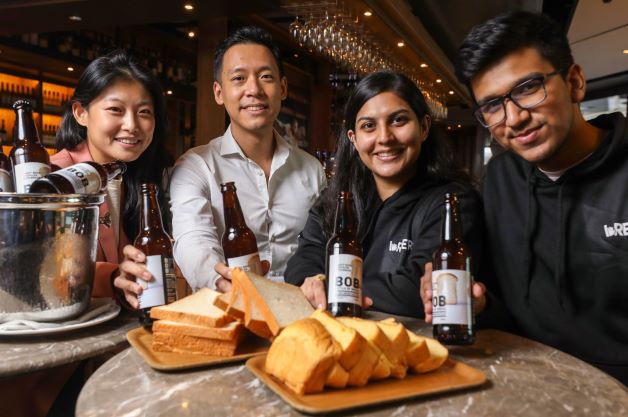
Michael finally shared that the Group has always adhered to three concepts. First to carry out foodwise and waste reduction, second is to change public’s view on the regeneration and upcycling of surplus ingredients through innovative projects, and third is to integrate the spirit of “Cheers for a good cause”. In December 2021, for every BOB sold, Maxim’s Group donated HK$10 to Operation Santa Claus. From August this year onwards, for every 6 BOB sold, the Group will plant a tree to help carbon sequestration.
BOB not just “upgrades” surplus bread, but also the vision and determination to make good use of technology to reduce food waste.
More information: https://www.maxims.com.hk/bob.html


